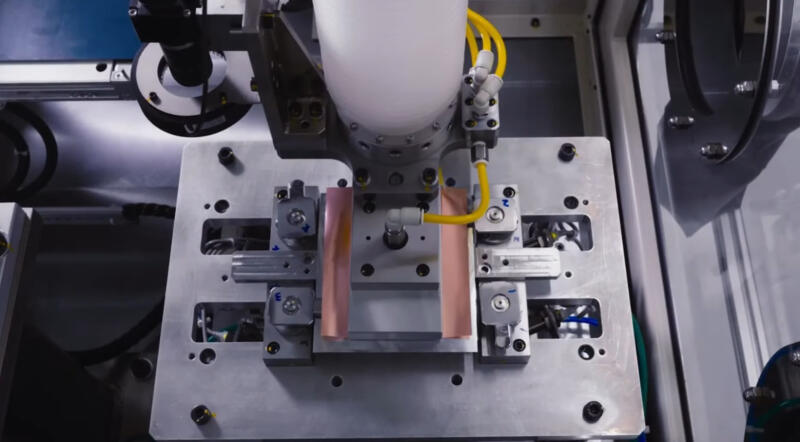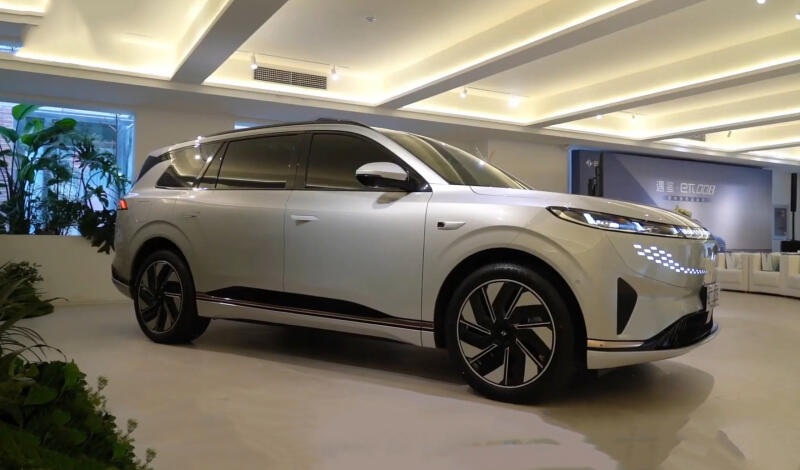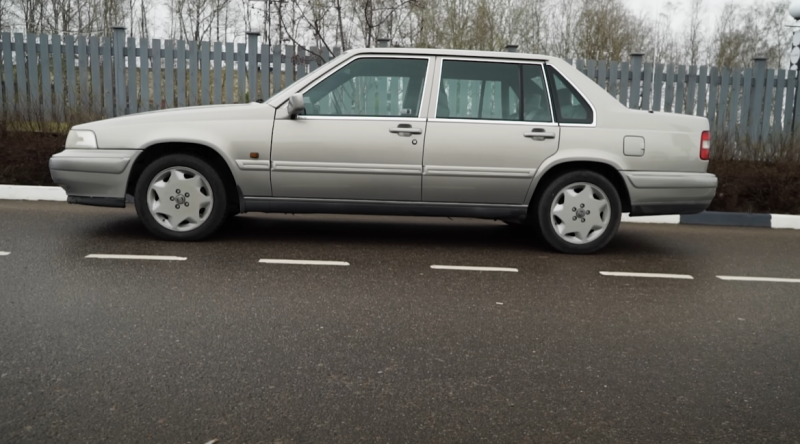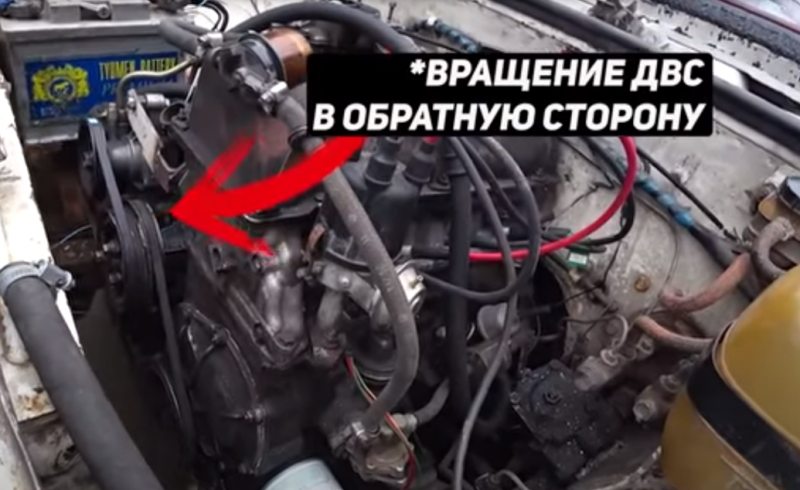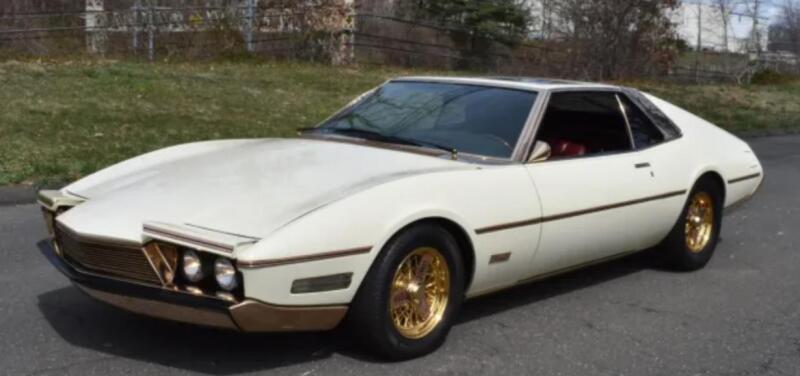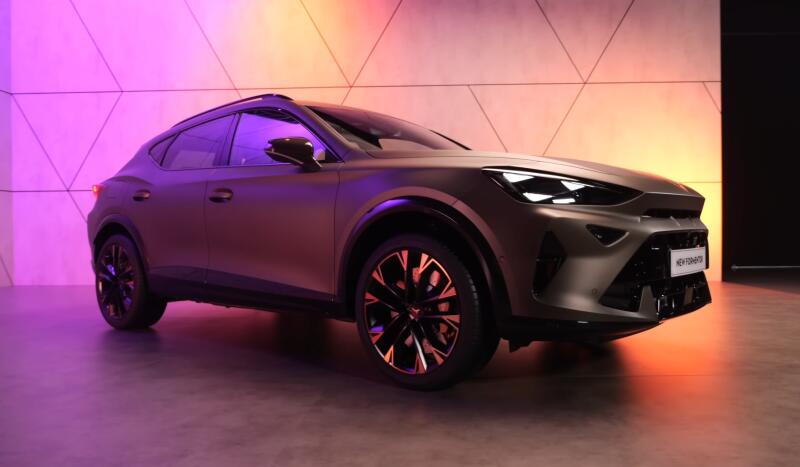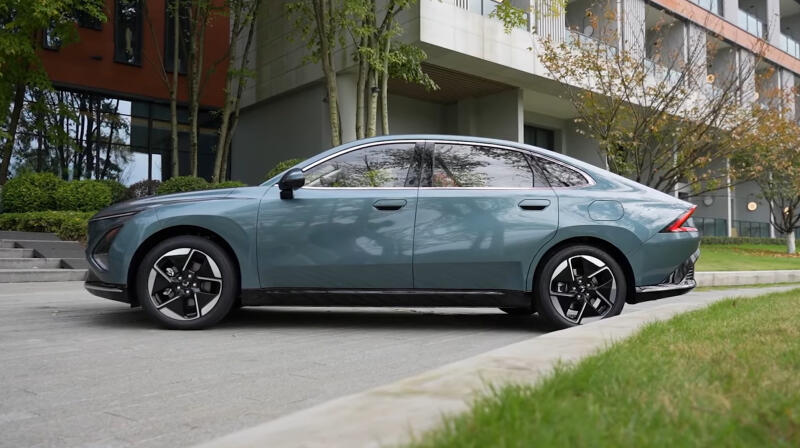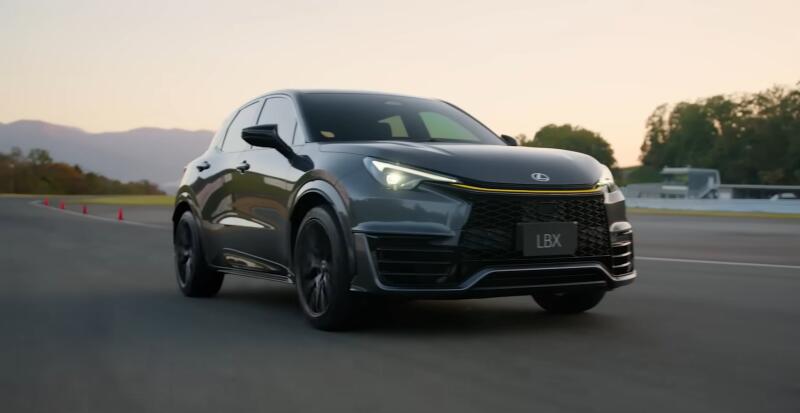To achieve such an ambitious goal, the manufacturer plans to launch a line of electric cars with innovative solid-state batteries. They want to do this no later than 2028. Another step to reduce machine production costs is the transition to gigacast assembly.
 One of the upcoming generations of Nissan electric cars will receive high-capacity solid-state batteries. Photo: youtube.com
One of the upcoming generations of Nissan electric cars will receive high-capacity solid-state batteries. Photo: youtube.com The company has built a pilot production line for solid-state batteries at a plant in Yokohama (Kanagawa Prefecture) to test and develop new batteries.
Nissan plans to make the first solid-state batteries at this facility in March 2025. The next goal is to increase production rates to 100 MWh per month. For this purpose, specialists of at least 100 people will be hired to work at the plant within one shift.
Many experts and others believe that solid-state batteries are critical to the success of the next generation of electric cars. Nissan representatives claim that they will be able to increase charge density by 100% compared to traditional lithium-ion batteries.
In addition, the company's engineers are showing ambition in other areas, including significantly reducing battery charging time and reducing their cost compared to current prices.
 Battery production has always been and remains a complex technological process. Photo: youtube.com
Battery production has always been and remains a complex technological process. Photo: youtube.com If successful, Nissan will use advanced solid-state batteries in several of its vehicles, including electric pickups. There are no details on this yet, so we can only wait for news.
The Japanese company works not only on the development and production of solid-state batteries. Another equally important direction is the transition to gigacast assembly. For example, a company plans to use large casting machines to cast the rear floors of machines.
By switching to this production format, it is planned to reduce the cost of producing EVs by 10% compared to current values. At the same time, it is expected that the weight of the vehicles will be reduced by 20%, which will ultimately have a positive effect on the driving range on a single charge.
